Tell me a story…
These words are implored by every child to parents worldwide. Stories entertain and often educate. Christ Himself used stories, notably parables, to make His point in a relatable fashion to the many varied groups who asked Him difficult questions.
As noted elsewhere in this and future editions of the e-gazette, the National Council has produced a “pandemic special edition” of our TV series “Our Faith In Action: Today’s Society of St. Vincent de Paul” (OFIA). The show will premiere on EWTN on Friday, August 6. Our 30 televised minutes will tell stories from three Councils of how they adapted to parish, pantry and store closures, quarantines, no in-person Conference meetings and other sudden disruptions to traditional Society services and relationships. No worries, we will remind you when the airdate gets closer to set your DVR, and we will make the show available later for those who can’t access EWTN in their cable packages.
These three Council stories are actually recaps of several stories within each Council. We could have spent our full allotted time on any one of them! Further, we know that you have such stories too in your Conference and Council. Vincentians across the country adapted mightily to keep going, keep serving, and keep caring for their neighbors.
But what good is a story if it isn’t told?
Vincentians are a humble lot, which sometimes costs us opportunities. We serve quietly, often fulfilling the catchphrase of “Tell me you are ____ without telling me you are ___.” This phrase is used by college alumni groups, branches of the armed forces, those with community pride, and many other affinity groups. Society members have been “telling me they are Vincentians without telling me they are Vincentians” almost to a fault! We are known by our actions, or so we want to believe. More likely these days, our caring, faith-filled examples are either barely noticed or quickly forgotten. Unfortunately, a good example is not as memorable as a bad one.
That’s where a good story helps to make a more lasting impression.
Okay, so many good, humble Vincentians probably won’t talk about their own great works. Let’s agree, then, to tell the good stories of our fellow Vincentians! We can also tell the stories, without names of course, of our friends in need and how they struggle, and then succeed, to improve their lives. We can tell the stories of how a community donor’s resources fed the hungry or provided a virtual class in financial literacy.
This year we all need to hear uplifting stories of pandemic survival, adaption and overcoming the odds. Many such stories exist across the Society of St. Vincent de Paul. After all, we were one of the few groups who continued to serve at the neighborhood level and made a huge difference doing so. However, who really knows about the work we did, and the barriers we overcame?
Many supporters stepped up this past year to help us. Some were existing valued sources of funds, volunteers and material goods. Others, previously unknown to us, contacted us because we were the best or maybe the only resource providers in town during the pandemic. These supporters large and small now deserve the stories of how their efforts made a difference – and how they can continue to make a lasting difference as we press onward. Poverty did not go away with vaccinations.
Our members deserve stories, too, as they may have served in isolation from each other and those we help. They may feel incomplete because they weren’t able to go on an in-person Home Visit. Some miss the prayers and spiritual togetherness of a Conference meeting that, try as we did, just couldn’t be satisfied with a Zoom call. Let’s take the time now to share our SVdP pandemic stories with each other. As with Christ’s stories, we can learn from them and build community.
Finally, what stories can we relate in our parishes? Masses were shut down for weeks, even months, isolating parishioners from each other. They may not have kept abreast of the Society’s continuing work, or how it adapted to stay healthy for all involved. As fellow parishioners learn how we persevered, perhaps they will be motivated to join us! Every story should end in an invitation to serve along with us.
We have a unique, and perhaps short-lived, opportunity for the Society to relate our resilience, challenges, and successes, from this pandemic period. Before we all put this crazy time behind us, let’s collect and share the stories that made this year in some ways our Society’s finest hour.
Yours in Christ,
Dave Barringer
CEO

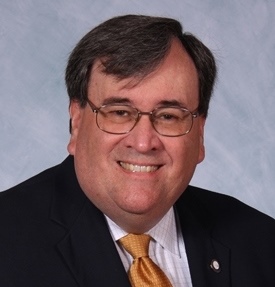
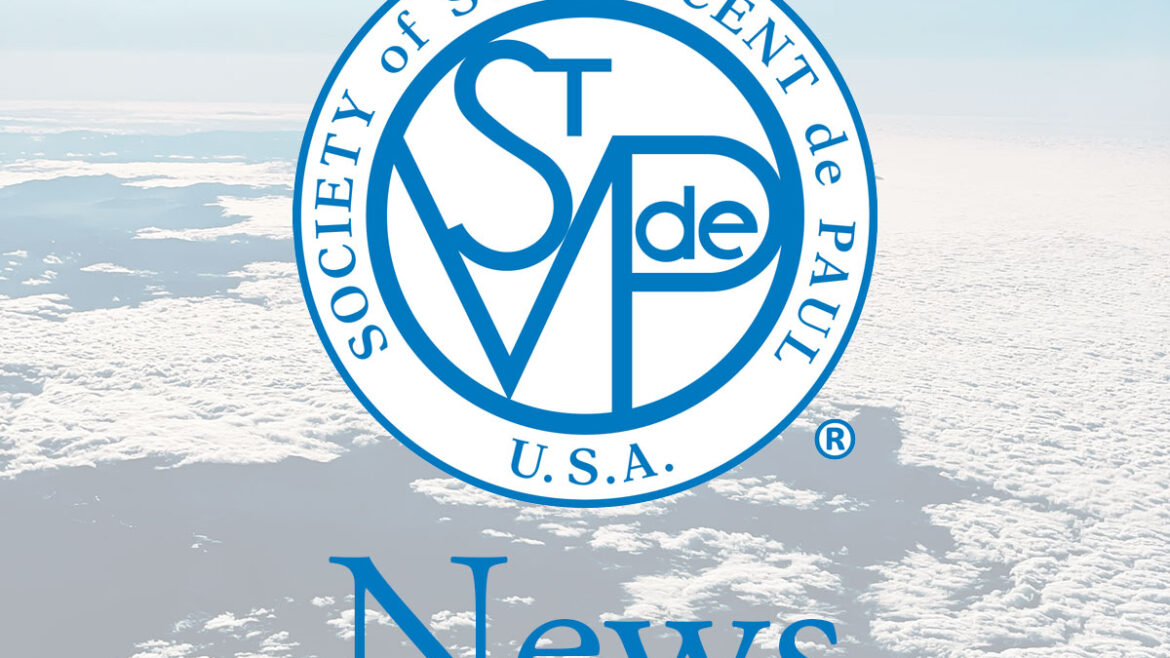

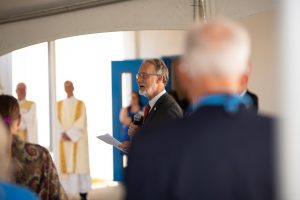
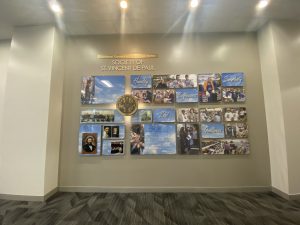
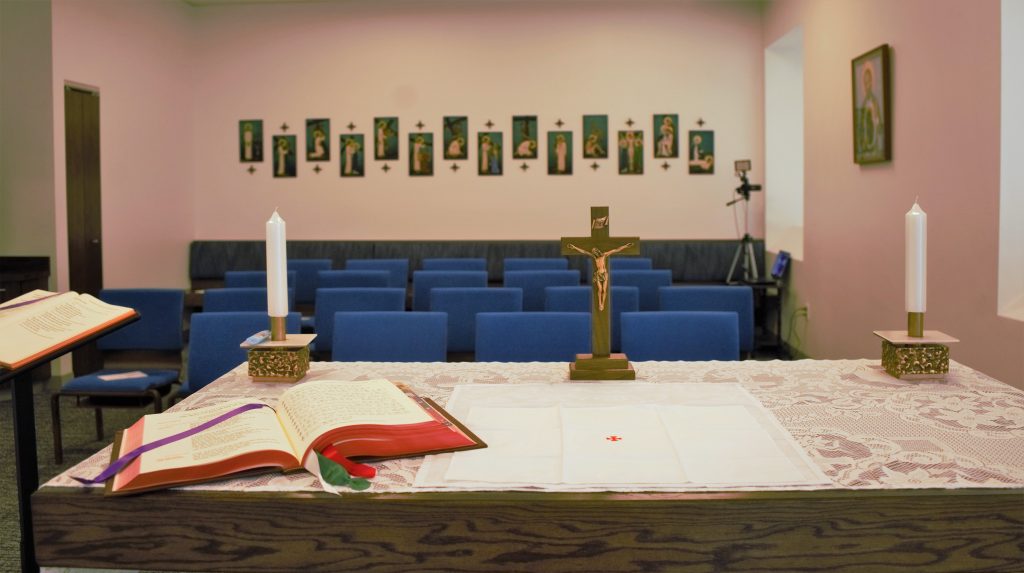
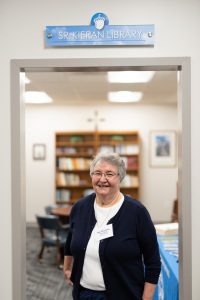 True to the Vincentian value of prudence, the National Council did not use any dollars from member services to purchase the new building, which was funded through the sale of our old building and judicious savings of bequest funds over time. “Our most loyal donors contributed mightily to this day. We thank them,” Middlecamp said.
True to the Vincentian value of prudence, the National Council did not use any dollars from member services to purchase the new building, which was funded through the sale of our old building and judicious savings of bequest funds over time. “Our most loyal donors contributed mightily to this day. We thank them,” Middlecamp said.
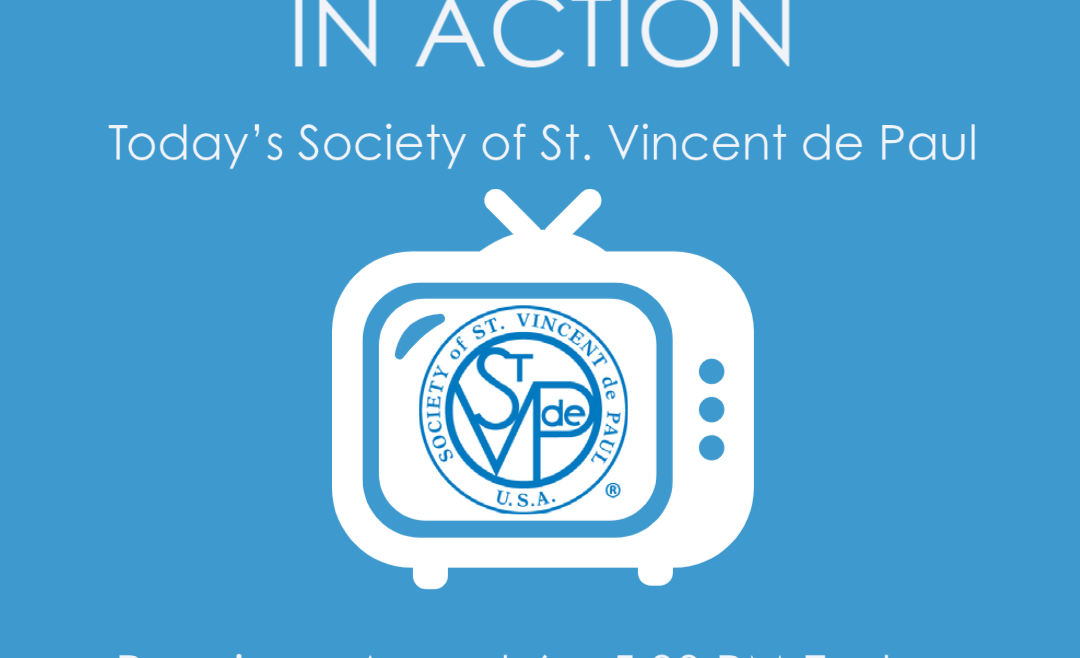
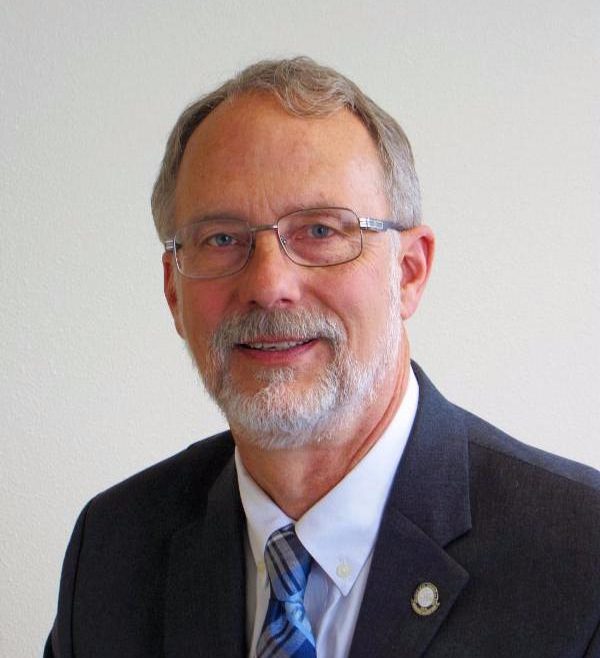
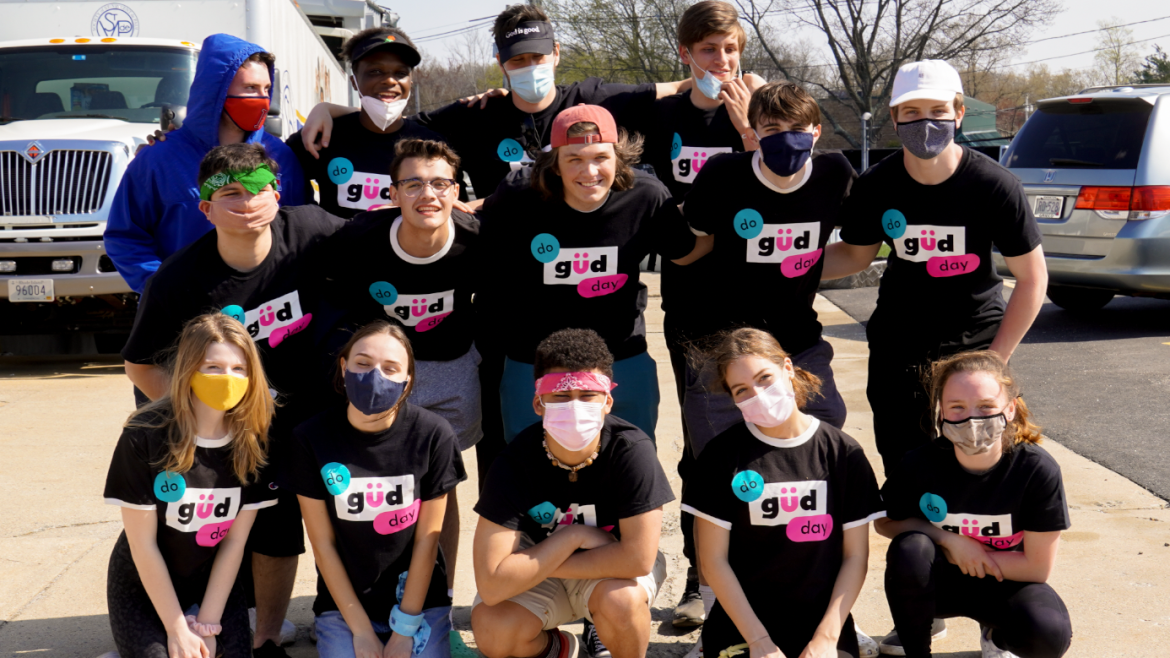
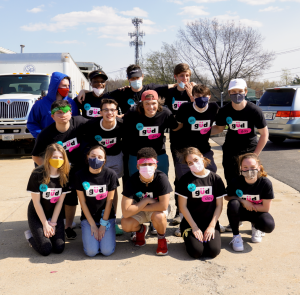
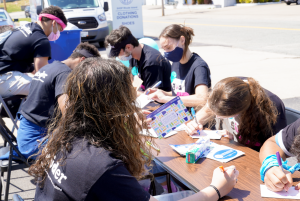 They hosted a
They hosted a 